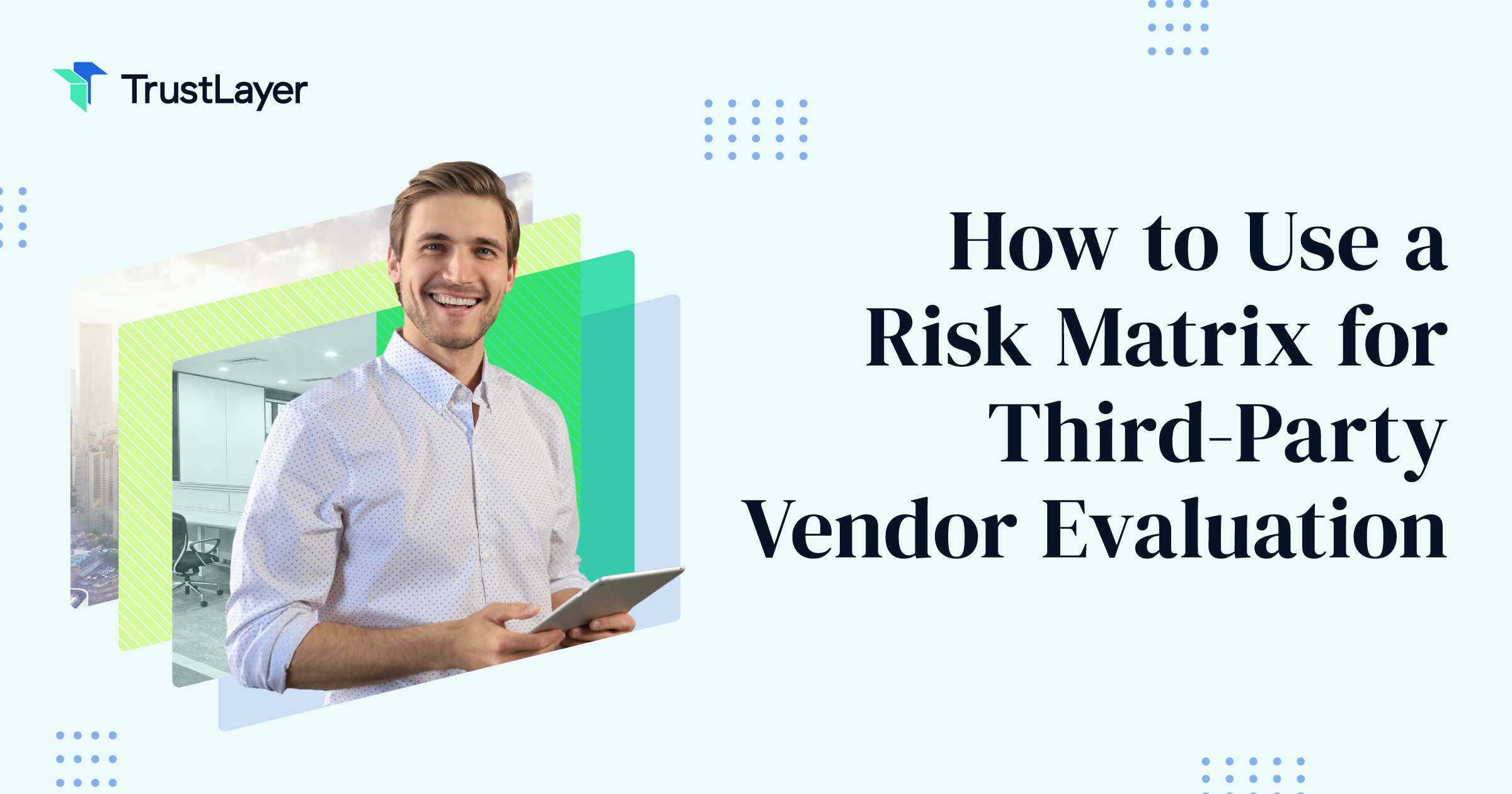The Power of AI in Risk: Property Data to AI Insights with Thomas Beattie

Live from the latest episode of Brick by Brick, host Jason Reichl sits down with Thomas Beattie, Co-Founder & CEO of Eli Report. With a background in finance and multiple startup ventures, Thomas shares his journey of transforming how communities manage property risks through data intelligence and AI. Eli Reports, initially conceptualized as a "Carfax for condos," has evolved into a critical tool in risk assessment and insurance flows for multi-family communities across North America.
To find out how TrustLayer manages risk so that people can build the physical world around us, head to TrustLayer.io.
The Shift in Property Risk Management
Property management is undergoing a seismic shift in how it assesses and mitigates risk. Traditionally, managing a condo or homeowners association (HOA) required navigating complex documentation and unpredictable financial obligations. Thomas Beattie and his team at Eli Reports have introduced a data-driven solution, enabling communities and insurers to make informed decisions:
"For owners and buyers, it's understanding what your premiums are, what your deductibles are, and what you're on the hook for if there happens to be a loss that originates from your unit."
This innovation is crucial in a market where insurance premiums fluctuate and unexpected structural failures can lead to financial turmoil. By structuring risk data into digestible insights, Eli Reports is bridging the gap between property owners, insurers, and service providers.
Technology as the Key Enabler
Advancements in AI and data analytics have played a pivotal role in modernizing property management. Beattie emphasizes that technology is not merely a tool for automation but a strategic asset in risk mitigation:
"That was the game changer for us at the beginning, being able to extract what matters and organize that both chronologically and by subject area, making it easy for someone to digest what might be 300 to 1000 pages of building information in a summary interactive report."
Key technology-driven enhancements include:
- AI-powered risk assessment and compliance tracking
- Real-time data integration for insurance and property management
- Annual benchmarking reports for financial and capital planning
By leveraging these solutions, Eli Reports ensures that communities and insurers can proactively address potential risks instead of reacting to crises.
Data Integration Challenges in Property Risk
Despite the advantages of AI and predictive modeling, a persistent challenge remains data fragmentation.
"The biggest challenge we have both in construction and the insurance sector is it's kind of dislocated. It's in different parts."
By consolidating insurance information, capital project requirements, and compliance records, Eli Reports enhances transparency and efficiency in property risk management.
Compliance as a Leading Risk Indicator
An emerging trend in property risk management is the use of compliance tracking as a proxy for overall community health. Insurance providers are increasingly relying on compliance adherence as a benchmark for evaluating risk:
"If they're great users of these products and are deploying them in the most appropriate way, that's a proxy for good management, which is a proxy for good risk management."
This shift signifies a future where risk assessment is no longer reactive but built into the foundational structure of property governance.
The Future of Property Risk and Community Living
Looking ahead, Thomas Beattie predicts a continued shift toward data-driven decision-making in property management. With increasing urban densification, climate-related risks, and regulatory changes, AI-driven tools will become indispensable:
"You look back at Generation Jason and only one in ten lived in a multi-family community or an association like this. And now we're nearly one in three."
Future trends include:
- Greater reliance on predictive analytics for infrastructure investment
- Enhanced transparency in capital planning and community decision-making
- AI-driven automation to reduce administrative burdens for property managers
Final Thoughts
Technology adoption in property risk management is no longer optional it’s imperative. As Beattie warns:
"Companies that don't start to adopt technology are going to remain less productive, and they're going to have more difficulty competing on price compared to others who are early adopters."
By integrating AI, streamlining compliance, and enhancing transparency, the industry is moving toward a smarter, more resilient future.
To learn more about mitigating risk in property management, listen to this episode of Brick by Brick.
👉 Spotify: https://spoti.fi/416CLKg
👉 Apple Podcasts: https://apple.co/3Q7VAqs
Podcast Host: Jason Reichl
Executive Producer: Don Halliwell



.webp)












